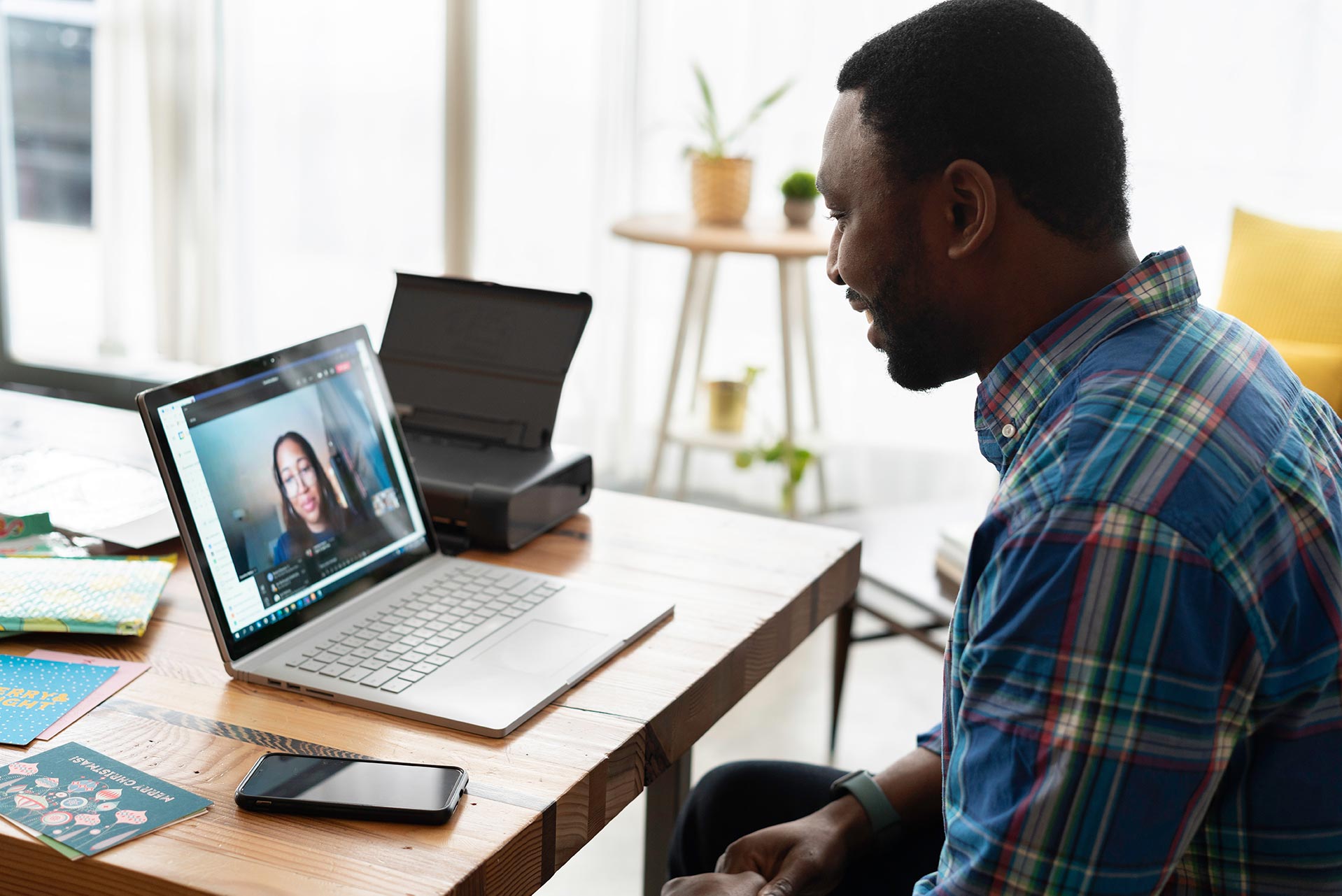Growing Your Practice
How to Ace a Project Interview
How to Ace a Project Interview

When you become an independent consultant, you quickly realize a new element exists in your professional career. It’s simple in name but complex in practice: selling yourself and your work via a project interview.
The reality is a fantastic consultant with highly-relevant industry experience cannot submit a proposal without a favorable interview. Similar to a traditional job interview, a project interview can be nerve-inducing, and stressful. Unlike a traditional job interview, you will have limited success as an independent consultant if you focus the project interview discussion around your past experiences and “where you see yourself in five years.”
Instead, I propose independent consultants approach project interviews with the mentality of “show, don’t tell.” This mantra can be found as a running theme across four main tips to keep in mind.
Click here to learn how to collaborate with Catalant on content and thought leadership.
How to Ace a Project Interview as an Independent Consultant
1. Maintain focus on “the problem”.
As an independent consultant, it’s tempting to focus on your past experiences throughout a project interview. After all, you’re trying to convince the client to hire you. And to be sure, past experience, particularly on similar projects, is a hugely influential factor in a client’s decision to choose to work with you.
But the interview is your opportunity to demonstrate your ability to deeply understand the problem to be solved. Put yourself in the client’s shoes. The client’s only priority is to solve “the problem.” That problem is the business situation for which they need to hire a consultant.
Solving the problem is the client’s only priority, so you should focus on the conversation here. A great way to start is to ask the client for details about the problem.
- When did “the problem” emerge?
- Why did it occur?
- Why then vs. earlier?
- Who does the problem impact the most?
These questions serve two purposes.
- You understand the client’s situation in more detail.
- You are showing the client your expertise through the thoughtful and relevant questions you ask.
Now you’re off to a great start, especially compared to a consultant who has focused the conversation on telling the client about themselves.
2. Work to solve “the problem” together.
Now that you have covered “the problem” in detail, it’s time to shift the conversation toward solving the problem. After all, that is the principal reason the client is hoping to hire an independent consultant. The best way to do this is to propose a potential solution. For example, you might say, “In my experience, the most challenging part of this problem will be XYZ. The best way to correct that is ABC. What has been your approach to ABC thus far?”
This line of questioning provides multiple benefits to the consultant and client. It communicates to the client both your experience and how you would approach the problem. (Again, you are showing our experience through the quality questions you ask.)
Additionally, the client’s answer will give you valuable information. You’ll learn about past attempts and why they did not work. You can now avoid including a similar approach in your written proposal. As the client answers your questions, remember to ask appropriate follow-ups to refine your understanding and improve your future proposal.
3. Outline roadblocks.
At this point, you will have a strong understanding of the problem and what the client has attempted to do thus far. Meaning, you will most likely have a strong idea of what your written proposal will contain.
However, there is still an important topic that needs to be covered — potential roadblocks. Specifically, you must proactively identify and then prevent any project issues before they occur. Within any consulting engagement, the most significant risks to successful completion are:
- Unclear communication norms
- Unknown timelines (e.g., the client has a board meeting in three weeks and they need a significant portion of the work done by then)
- Organizational buy-in, specifically with the hiring client’s direct reports
- Data access for analysis
By dedicating some time to these topics in your project interview, your experience will shine through. Only an experienced consultant would recognize these as significant project issues. Since you have identified these issues, you clearly must have experience. Again, we are showing experience here.
Additionally, your commitment to a successful project will be apparent. A consultant who cares about client satisfaction will attempt to prevent issues immediately.
4. Share the floor.
You, as the independent consultant, have been driving the tone of the project interview. The client has answered your questions about their problem, the approach to solving it, and common roadblocks. All responses have been critical in giving you the information you need to do the project.
However, the danger with you driving the conversation is that it may derail the client — in other words, the client may have had a critical point they wanted to communicate but your cadence thus far has not allowed them to do so.
For that reason, I always end my project interviews by asking: “What did I not ask you about but should be asking you about?”
This question shares “the floor” with the client and allows them to communicate any critical points. In my experience, 75% of the time, the client will say something to the effect of, “Nothing top of mind.” The other 25% of the time, the client will share details that will entirely change the project’s direction — and therefore, your proposal. If you never ask, you’ll be missing critical pieces of the problem or expected outcomes the client has in their mind but hasn’t shared.
Ace Your Project Interview
The project interview can be intimidating, especially for new independent consultants. By simplifying the interview down to these few steps, any consultant can focus on the client’s needs while simultaneously communicating their experience.
Meet the Author

Sean is an experienced strategy consultant who works as a Principal at The O’Dowd Group LLC. He is also a consultant on Catalant’s Expert Marketplace. Sean has experience at Boston Consulting Group and has consulted for Fortune 500 companies and leading private equity firms. He graduated with honors from Wharton.